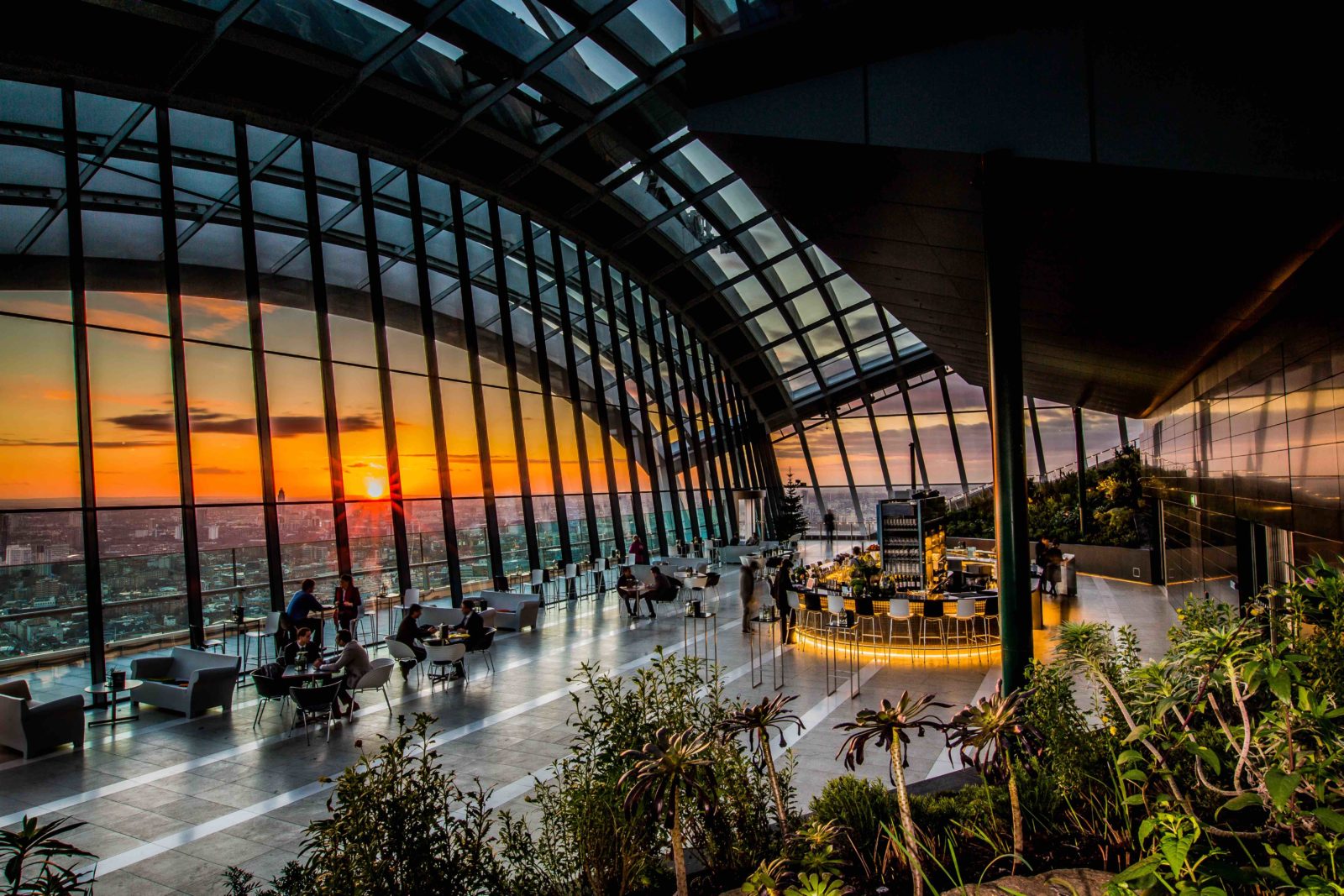It’s one of modern life’s greatest truisms; that the majority of us spend way too much time in front of our screens. Required for work, play, entertainment, communication and learning, it’s recently been suggested that our smartphones are now like our second ‘homes’ – and that without them, we feel a kind of existential crisis.
You can say that again. It feels like all this time spent in front of screens will either lead to the next evolution of man, or the need for a large part of society to be bespectacled. We think a little of each sounds likely.
Today, we’re looking at the dangers of exessive screen use, as well as some ways to mitigate both that use and the damage it might be causing. With that in mind, here’s the importance of taking regular screen breaks explained.
HOW TOO MUCH SCREEN TIME CAN DAMAGE THE EYES
Over 38% of people in the UK have reported that increased screen time during the pandemic has left them with eye issues or associated posture problems. Hunching, straining, squinting…it all leads to problems which could be mitigated if we made an effort to look away from our screens more and position them in a more ergonomically effective way.
There are various items you can purchase to make your desk as comfortable as possible; a laptop riser stand, external keyboard and mouse, an orthopaedic seat and footrest are a good place to start. These will help not only your posture, but also your eyes, as your screen will be at a comfortable height and a certain amount of squinting will be mitigated.
Read: 7 ways to prevent digital eye strain
There is also an ongoing debate as to the damage that blue-light exposure can do to the eyes. Some maintain that it is the actual light coming off the screen that does the damage, while others note that it is the length of time spent at the screens that does the damage to the eye. The overriding and accepted principle is that overexposure to screens can cause damage to the retina – leading to poor eye health.
So, how do we spend less time away from screens whilst still maintaining a comfortable, convenient quality of life? Let’s find out…
KNOWLEDGE IS POWER
They say that to truly conquer your vices, you first have to acknowledge them. So, try to be mindful of your screen time, which (for us, anyway) has reached pretty shocking heights during this extended period of social isolation and lockdown.
Knowledge is power, here, and recognising that you’ve been using your phone too much is the first step in reducing your time spent swiping, scrolling and clicking. You could set limits or reminders or even use monitoring apps to prompt you; iOS and Android have built in Screen Time management tools.
GET YOURSELF OUTDOORS
Spending time outdoors is a great way to break up your screen time. The eyes are able to relax and yet also react to the normal movements of the outside world, and the sights and activities of the outdoors. This is especially important for children, with the rise in myopia (short-sightedness) being linked to high levels of screen time in conjunction with the much reduced time spent outdoors. As such, it’s vital to set the tone by taking yourself outdoors and away from your screen with the same frequency you’d like your children to adopt.
You don’t have to hike up hills or go from couch to 5km – this article is about getting away from screens, not getting swole. Remember this is not a push to exercise, it is about allowing the eyes time to recuperate in a normal outdoor environment.

SCREEN FREE ZONES
Domestically, it’s a good idea to create screenfree zones in the home. There are, of course, times when you need to be glued to a screen; for most of us, during the working day for instance. And that’s fine. But there are other occasions when phone or tablet use has become habitual, and it’s having a detrimental impact on our lives. If you value your sleep, and you really should, then you should keep devices away from the bed, preferably charging in another room. We all know the negative effects of a blue light on a good night’s rest, so be vigilant before bedtime, particularly.
Equally important are meal times; a part of the day when we can unwind, chat with family and appreciate the simple things in life like a great meal. If you’re fork in one hand and Tinder in the other, well, that’s not a good look during dinner. Don’t let phones disrupt this special, humble time. By enacting these small, positive changes, you’ll notice your screen time decreases significantly.
FIND INDOOR ACTIVITIES THAT DON’T REQUIRE SCREENS
Board games, cards and charades, mini football, table tennis and even a round on a virtual pinball machine – all the games we know and may have played before our screens came so omnipresent.
Embrace the old school and try to enjoy some recreational time that doesn’t involve scrolling through Twitter or watching videos on TikTok. These older games require more movement and hand–eye coordination, as well as boasting a sense of distance, visually. All this is good for eye health and as such these games compare favourably to screentime.
Cooking is another wonderful way to get away from your screen. Dust off your old recipe books instead of relying on your phone for recipes, and savour the process of making something from scratch and giving your brain a workout, too! As we said earlier, make sure you have dinner sitting around the kitchen or dining room table instead of parked in front of the TV.
If you do have to remain at your desk because you’re working on a screen, then you should endeavour to look away and into the distance regularly, giving your eyes a rest in the process. Shift your focus to something else other than the screen. You could use the 20-20-20 rule which recommends that you look at something 20 feet away for 20 seconds every 20 minutes.

THE BOTTOM LINE
Don’t wait for your eyes to start burning or your neck to feel the strain as a warning sign that your screentime has become a problem. Regular breaks, taking yourself outside, relishing in the old school and alternating your entertainment so that you don’t spend all day looking at a screen could well do wonders for your peace of mind. Good luck!





